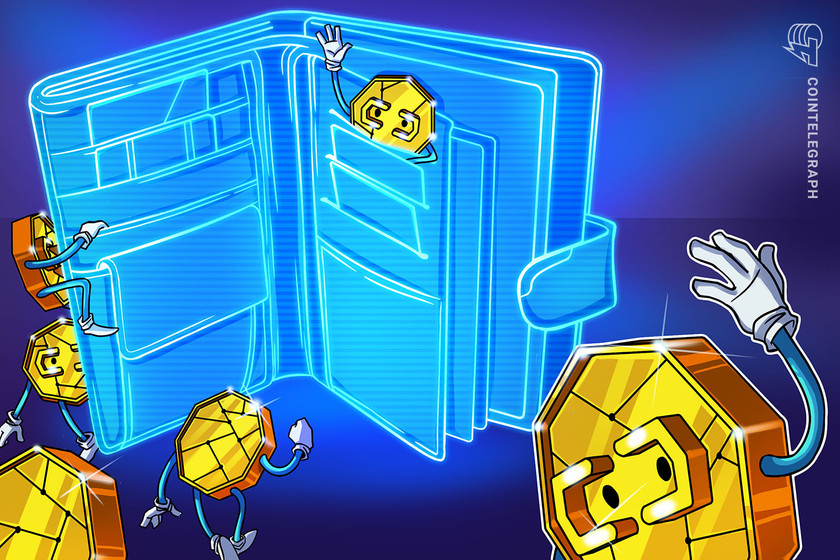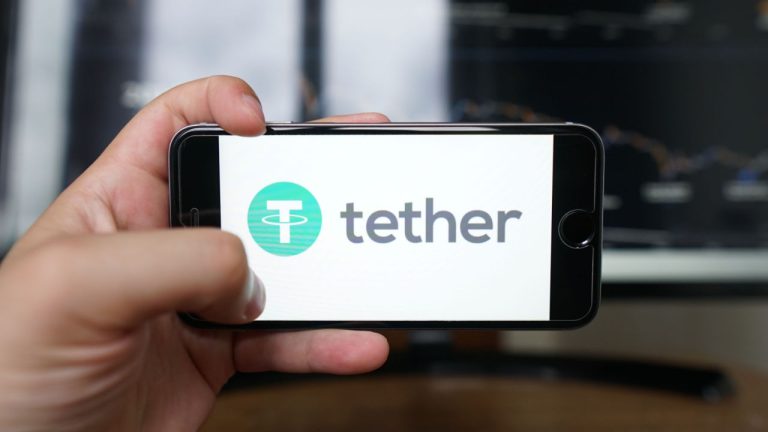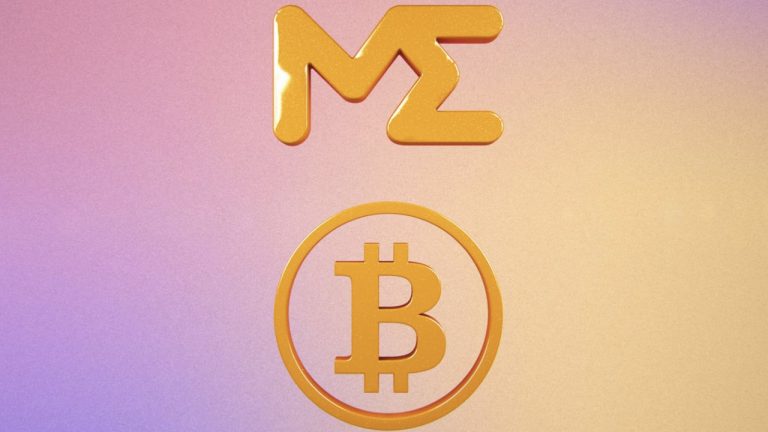
The newly branded Halo Wallet seeks to broaden its efforts from Web3 to social finance, also known as SocialFi.
Decentralized wallet KuCoin Wallet announced on Apr. 3 that it has rebranded as Halo Wallet and launched a new SocialFi ecosystem. According to the announcement, the newly independent Halo Wallet received a fresh round of financing from several investors, including KuCoin Ventures, IDG, HashKey Capital, and other Web3 strategic partners.
1/ We’re thrilled to announce that #KuCoinWallet has officially rebranded to Halo Wallet!
— Halo Wallet (@HaloDotSocial) April 3, 2023
With a brand new name, new logo, new UI, new roadmap, #HaloWallet is ready to innovate the next stage of #Web3 social #crypto wallet!
Learn more⬇️https://t.co/GoYVvKdYoi
The rebranding exercise aims to expand Halo Wallet's focus from being a Web3 wallet to a broader SocialFi ecosystem. The wallet seeks to integrate a variety of on-chain and off-chain social media protocols, such as Lens and Twitter, to create a Web3 decentralized identifier (DID) system and engage with popular influencers.
In the future, Halo Wallet plans to gradually transfer governance rights of its SocialFi ecosystem to the community through a decentralized autonomous organization, or DAO. According to the company, implementing a DAO governance model promises to motivate a larger number of innovators and users to explore novel financial models and trading opportunities, thereby fostering an active SocialFi ecosystem.
The head of Halo Wallet, Jeff Haul, noted that decentralized wallets are the primary entry point for users into the world of Web3. According to him, the revamped Halo Wallet offers an array of enhanced social features that assist users in creating a well-rounded social identity and locating quality information and prospects on social networks.
Related: KuCoin leads $10M funding for Chinese yuan stablecoin issuer
KuCoin Wallet has achieved significant progress in the decentralized wallet domain since its debut in June 2022. Since its launch, the decentralized wallet has offered comprehensive coverage for both mobile and PC, incorporated assistance for tens of thousands of tokens and non-fungible tokens (NFT) assets, rolled out features like native cross-chain swap and staking, and amassed a user base of more than 1 million individuals.
In August 2022, KuCoin Wallet integrated the automated market maker functionality of 1inch Network to improve token swaps. The partnership also provided KuCoin Wallet users with access to 1inch's Limit Order Protocol functionality, which allowed orders to be filled at a predetermined price when it was reached. This included gasless limit orders for Ether (ETH).









